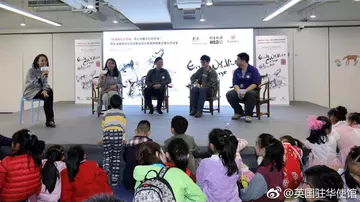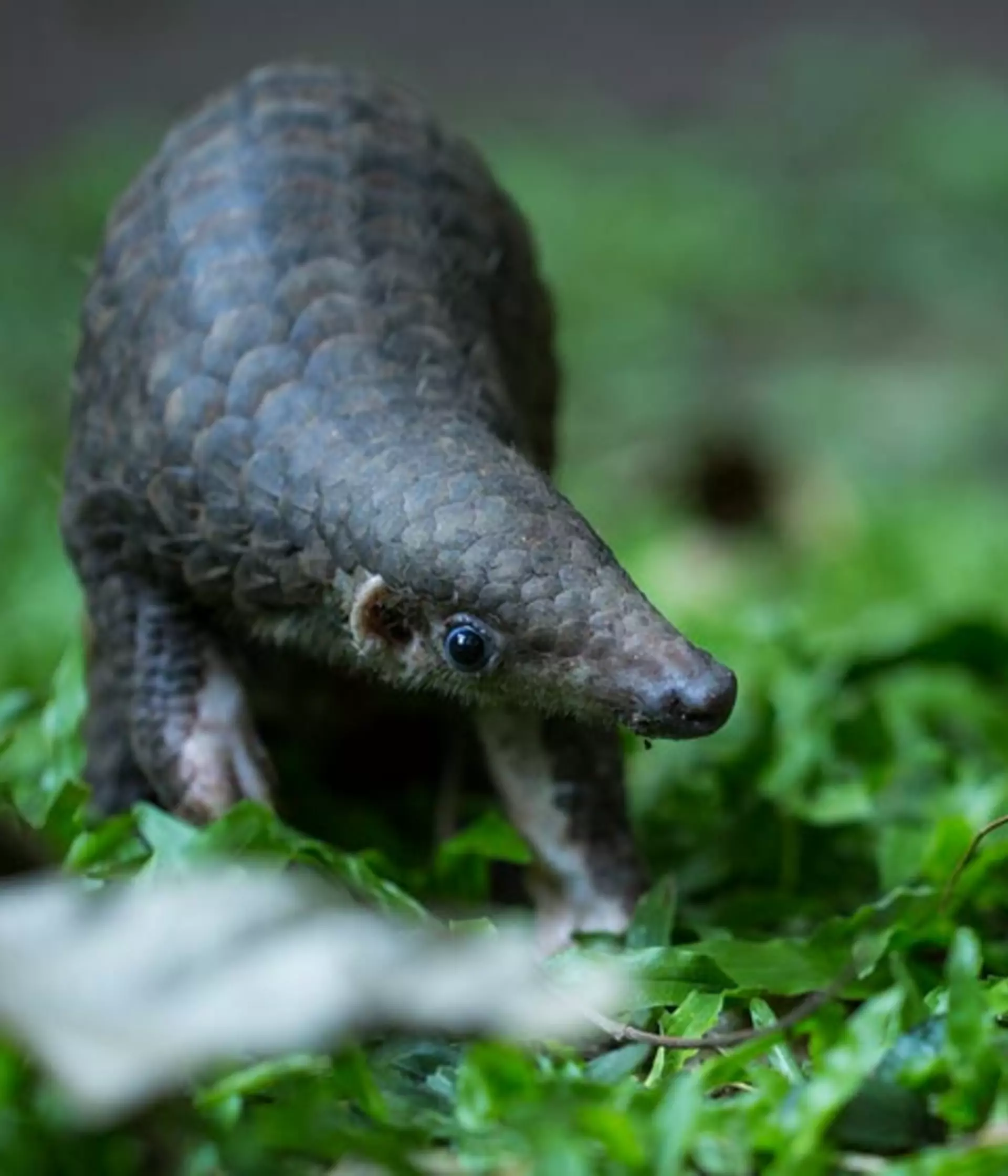
ZSL
Zoological Society of London
China is one the world’s major destinations for the illegal trade in pangolins. We are working in China, to raise the profile of pangolin conservation through sharing inspiring stories, in order to engage the public so we can combat the illegal trade together.
Yunnan Province is located in Southwest China and shares borders with Myanmar, Vietnam and Laos. It is an important area for both the Critically Endangered Sunda pangolin and the Critically Endangered Chinese pangolin, but this area is also an international hub of illegal wildlife trade.

In Kunming, the capital city of Yunnan Province, ZSL China has launched a series of public salons entitled ‘Inspiring encounters – glimpses into nature’s secrets’. The idea is to bring conservation professionals to the public so they can share their stories about nature and wildlife.
Particularly, on April 14th 2018, we invited Hongxiang Huang, the undercover journalist from the documentary film “The Ivory Game” who helped to uncover the million-dollar ivory trade from Africa to Asia and incited a worldwide call to stop the wildlife trafficking. The darkness and complexities of the trade were revealed to the audience and the discussion was expanded to the most trafficked wild mammal in the world - the pangolin. The public exchanged their thoughts with our guest about how society, from the individual level, could commit to stop the trafficking and consumption of the wildlife products.

After the 4th IWT Conference, held in London in October 2018, the UK FCO further organised a series of public events “End Wildlife Crime” across major cities in China.
As the main speaker and the ZSL representative, Becky Shu Chen introduced pangolins to the public including their ecological role, their history in Chinese culture and introduced the pangolin conservation projects led by ZSL. Becky shared ZSL’s innovative conservation technology to improve enforcement which include initiatives such as Instant Detect, SMART and the use of Simple Forensic Fingerprinting which can be used to identify pangolin poachers and traffickers. Most importantly, Becky highlighted the critical role of the public bringing pangolins back from the brink of extinction through responsible behaviours.
Baby pangolin rescued from poachers
For pangolin conservation to be successful it is important to look at all sides of the issue – not just to tackle poaching, but to also work with people to try and reduce their desire for the products that threaten the survival of the species.

This is a challenging area as many of the reasons for people to want to use these products are embedded within their culture and have a long history. We are working to develop an evidence-based and culturally appropriate campaign in China to raise people’s awareness of the issues around the use of pangolin products, to try and help safeguard the future of these incredible species.
Our work to reduce demand for pangolin products in China is supported by the UK Government through the Illegal Wildlife Trade Challenge Fund and by the EU Champions of Change Fund.
By taking simple steps in our everyday lives, we can be a part of a growing movement of conservationists and prevent illegal wildlife trade.
